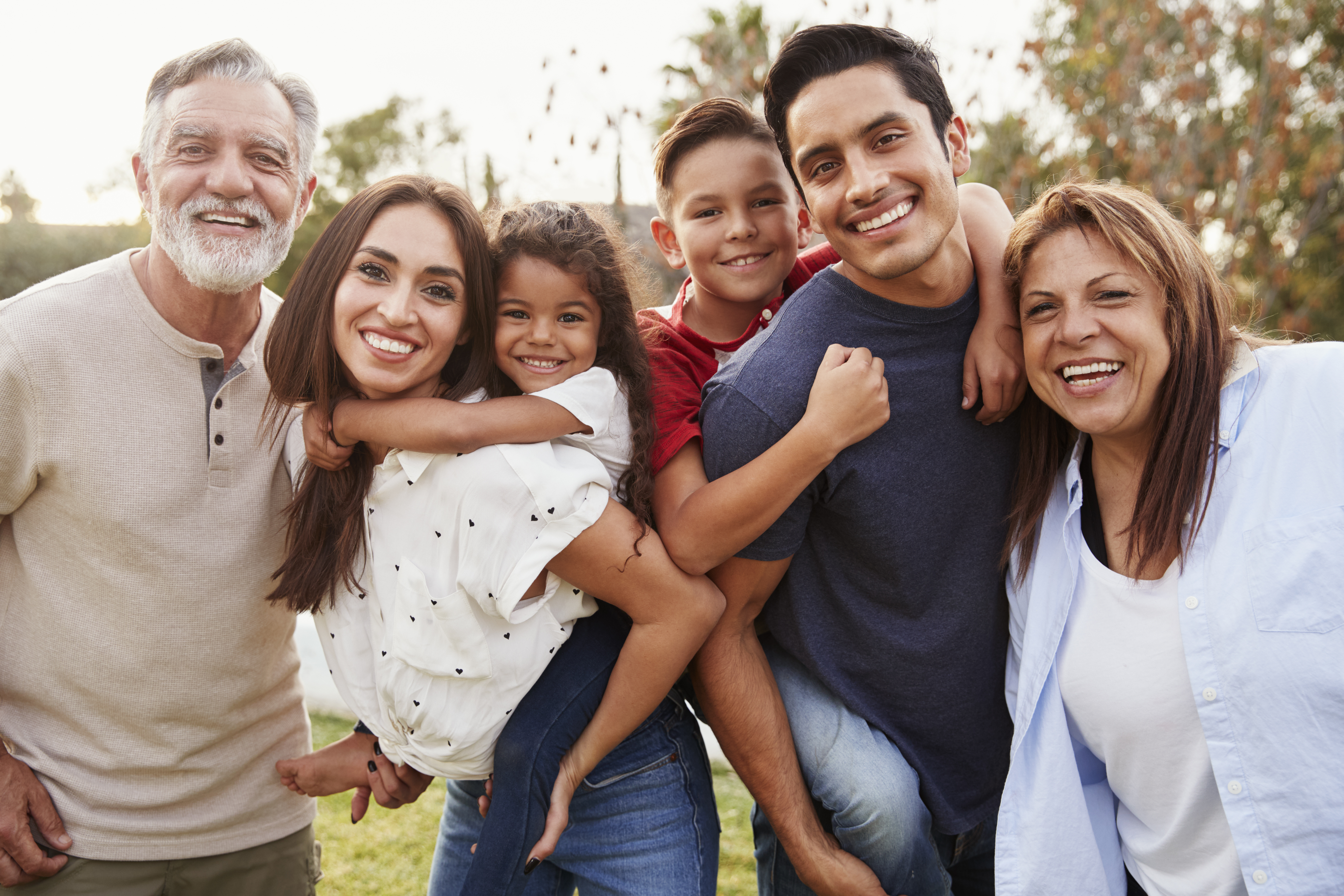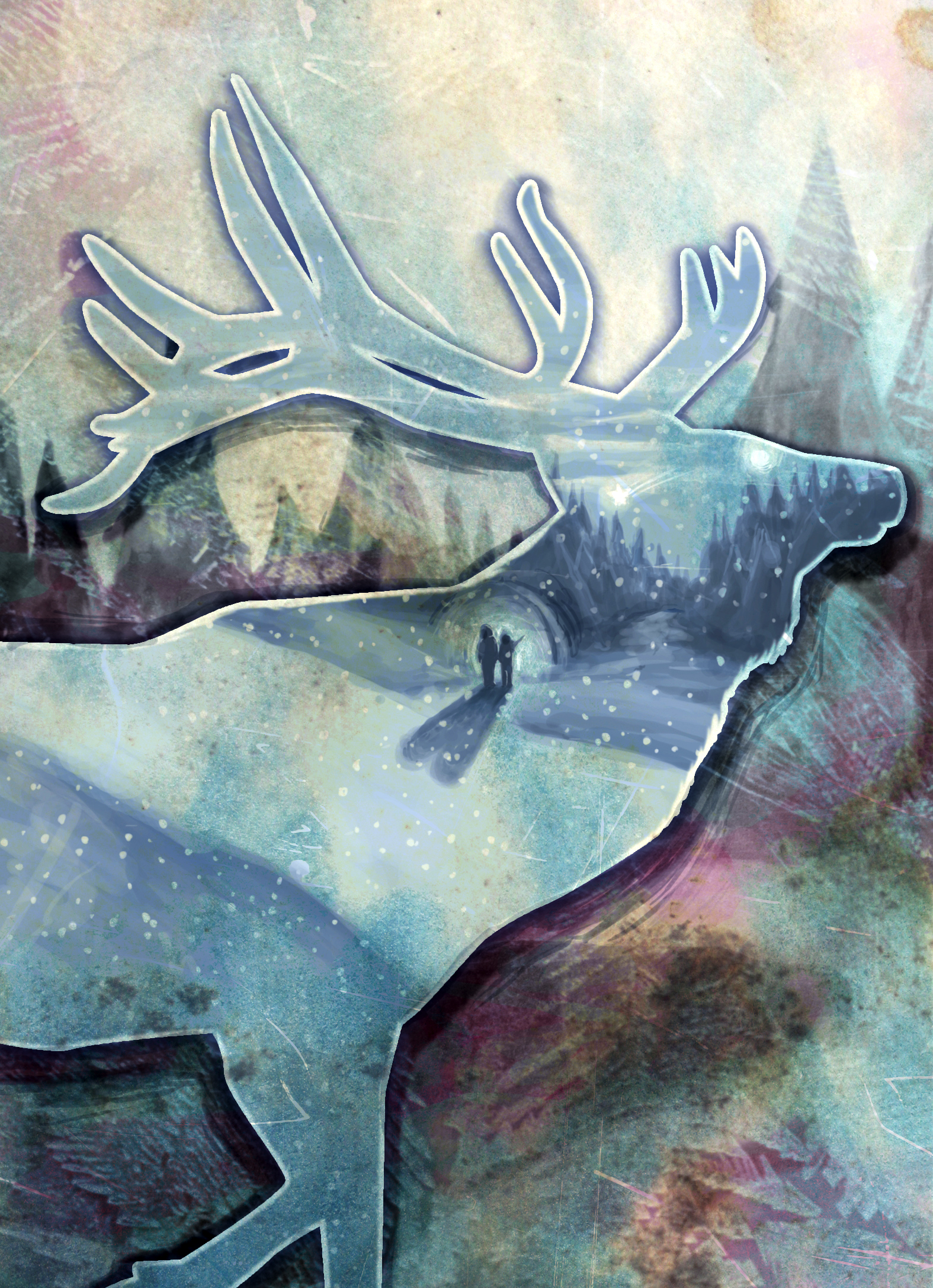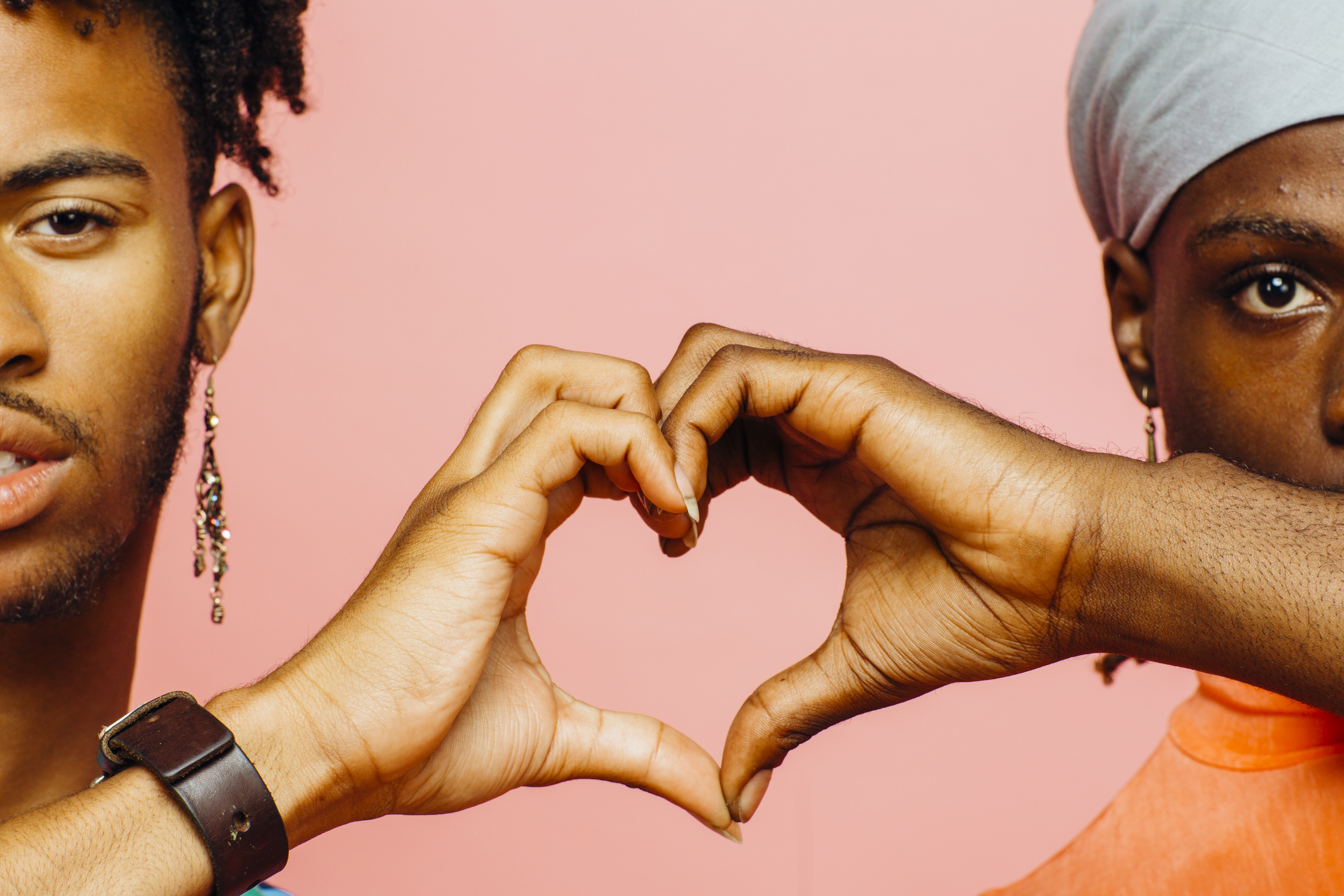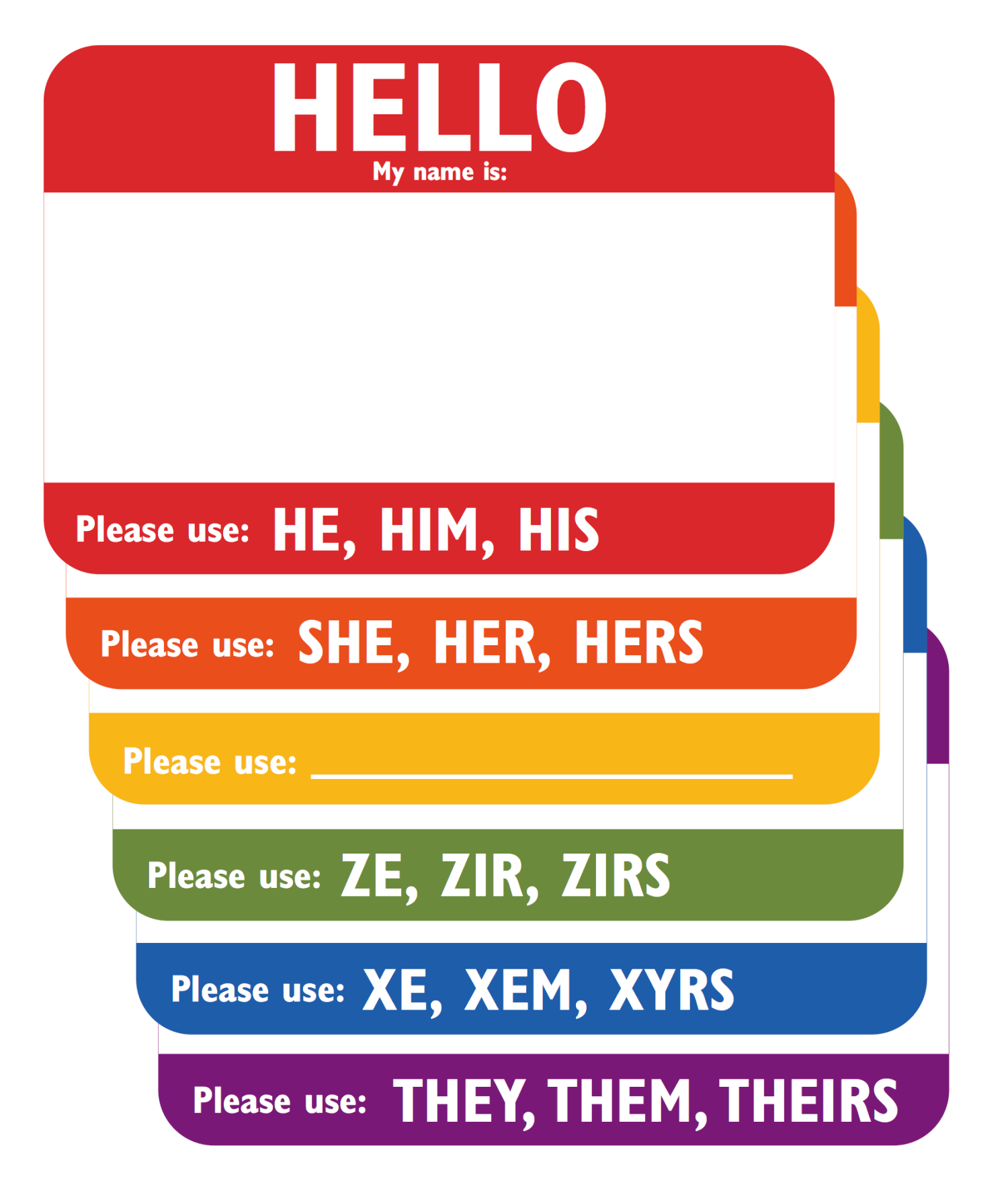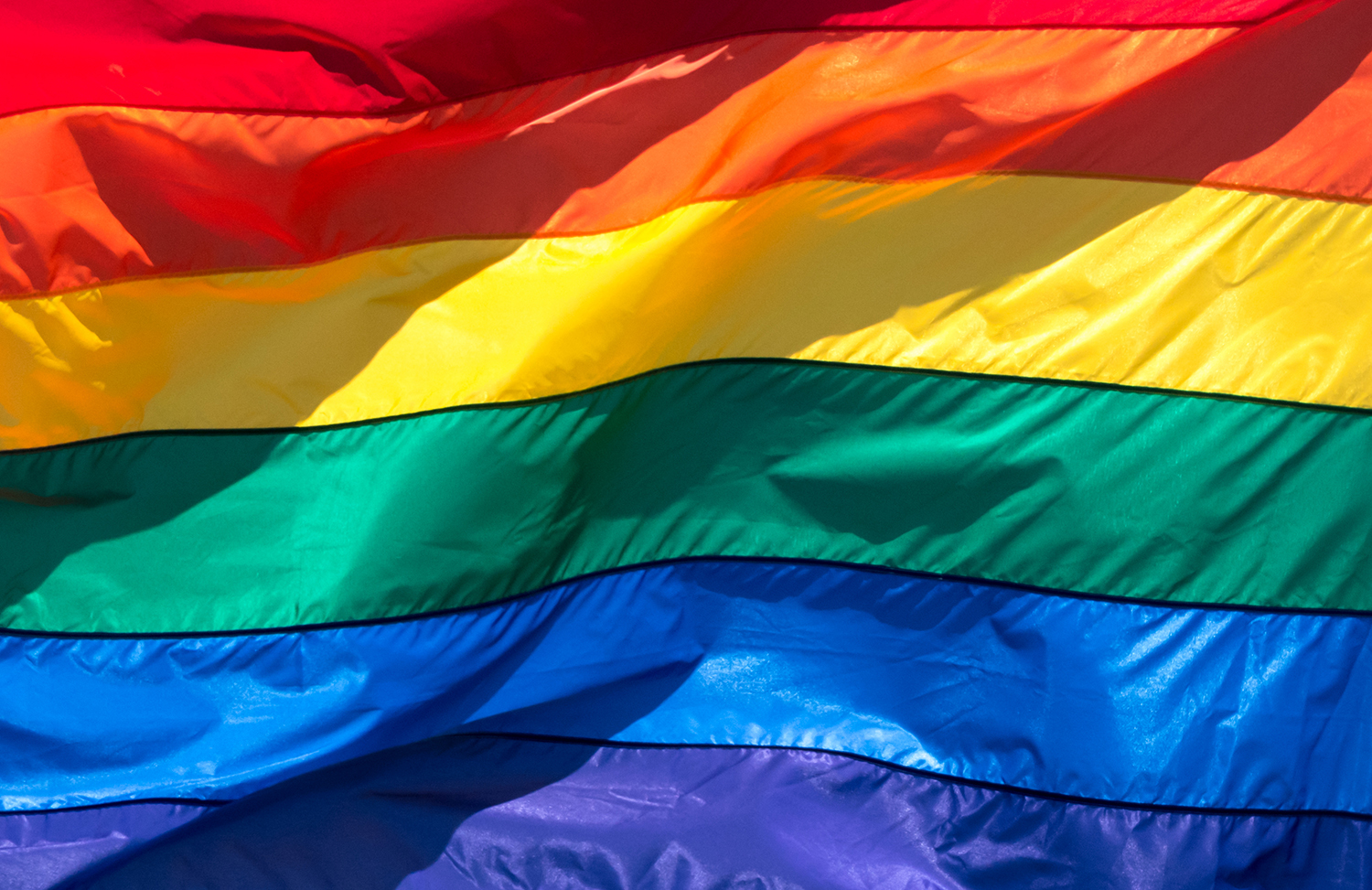When you think of food and African American culture, what comes to mind? What role does food play when African American families come together to feast and celebrate? How pervasive are stereotypes in outsiders’ views of African American food? Read on to learn the answers to these questions and more.

Tanisha Shorter
Director, Dual Credit
Generation: X
“My grandmother had a garden, so we always went out to the garden to get whatever. Squash, greens. My grandmother was very wise when it’s time to plant, when it’s time to pull. When I think of soul food, I think of more vegetables and beans and not like fried chicken, and I don’t eat pork. I never had a taste of bacon. When I think of our family and the dynamics of our family and the way that we eat, soul food is more fruits and vegetables.
I don’t fry chicken at home. We didn’t have fried chicken. Another thing is Kool-Aid. To be honest with you, my grandmother never made Kool-Aid. My mother never made Kool-Aid. I don’t know how to make Kool-Aid. My son may have picked it up now, but I never fed my son Kool-Aid. So that’s a stereotypical black thing that, where it comes from, I don’t know. We barely use white sugar.
When things got rough, or hard times, it was beans and rice and vegetables. That’s what we ate. My grandmother always said, “Baby, beans ain’t nothing but 75 cents, let’s go get a pot and we can feed everybody in the house.” My brother is 29 years old, and I’m in my 40s. We both know when hard times come, you better go get you some beans, you better put some sugar in them. We know how to make it stretch.”

Robert Drakes
Cashier
Generation: X
“I think when we talk about food and when we talk about the black family, it’s a great opportunity to sit down with each other, for our elders. As I’ve gotten older I understand how important that is because this is a time for us to learn how to present ourselves. It’s just centered around the table, which I think is an indirect education. Sometimes that’s the best way you can educate people, without saying hey, sit down, I’m gonna teach you something.
…Any time I have a conversation with somebody or I’m in a restaurant, they think, I’m gonna give you extra bacon. I don’t eat pork. It’s not because of religion – it’s because of strokes, heart attacks, and diabetes. People look at me strange because I don’t eat pork chops. If I mention to a white person that I don’t eat pork, they think that I must be a Muslim. If I mention it to an African American, then they think, what’s wrong with you?
I know some people that if they don’t have black eyed peas for New Year’s, their whole year is messed up. Why would you let a vegetable have that much control over you?”

Ronda Hayes
Faculty (Workforce, Business & Technology)
Generation: X
“My mother and cousin would get like a half a cow every winter, and my great grandmother had this deep freezer and every Sunday we would go down and get the steaks. All Mommy would have to do was make vegetables, and she’d put them in this new-fangled thing called a Crock Pot – I’m much older than you – and my great grandmother would cook and we’d sit around and it was a way to tell stories. She told us stories – she could go back to her grandmother who was a slave. My great-grandmother had a garden and I loved radishes, still to this day. She used to always grow me radishes and we’d go out and pick the vegetables. I loved vegetables more than any of them.
I can count probably on one hand the number of times my mother fried chicken. We did not eat fried food. We ate seafood, we ate lobster, scallops, Alaskan king crab legs, Italian. A lot of Italian. I remember when I came here and people, black people, said, ‘You don’t like catfish?’ I don’t remember catfish being in the Atlantic!”
In celebration of Black History Month, North Lake College has created a series of blog posts and videos to dispel stereotypes while celebrating cultural diversity in the African American community. We strongly encourage you to share these stories and to join in on the conversation. To learn more about the series visit blog.northlakecollege.edu/nlccelebratesbhm.


